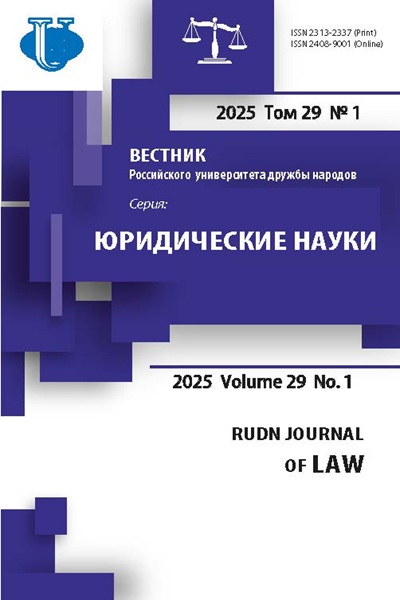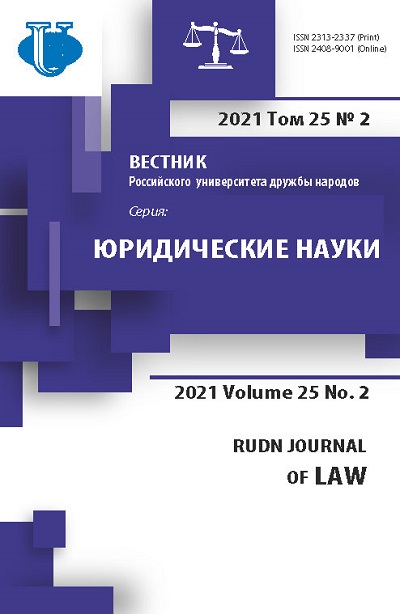Abstract
The issues of determining the subject of the code of ethics of a higher educational institution, identifying its legal characteristics, as well as the particularities of applying this regulator of relations are yet to be studied in Russia. In order to fill the gap in legal knowledge, we have made an attempt, starting with the analysis of the ethics of education in the broad sense, to generalize the Russian and foreign experience in adopting and applying codes of ethics and offer a modern vision of the essence and regulatory function of ethical codes in the practice of educational institutions. The study was conducted using general scientific and special methods of cognition: logical, functional, systemic-structural, methods of generalization, synthesis, induction, and deduction. Certain material conclusions are made based on the sociological research method. The code of ethics of a higher educational institution is a code of conduct for a good faith participant in the educational process. The code is a compromise between different types of ethics: that of a teacher and a student, of a student and an administrative employee. In this regard, the process of discussing specific practical cases and reflection in the code of effective scenarios of interaction between the parties in critical situations are of particular value. In their legal essence, codes of ethics are normative acts, but traditionally they are not regarded as legal acts, as they are adopted by bodies of professional communities and are not often supported by the power of state coercion.
















